Search Results for Tag: sea ice
“We are living in an ice-dependent world” (Iceland’s President)
During my recent visit to Sustainability Week in Abu Dhabi, I was interested to meet the President of Iceland, Ólafur Ragnar Grímsson. He gave one of the keynote speeches at the World Future Energy Summit and was also on the Jury for the prizes presented as part of the Zayed Future Energy Prize to initiatives around the world to promote sustainability through renewable energy in different parts of the world.
I asked him how he had come to be involved so closely with Abu Dhabi, the icy north working with the desert oil state. The link goes back to an Abu Dhabi delegation visiting Iceland 8 years ago to talk about using clean energy. Since then, he finds it fascinating and encouraging to see how the Gulf state is turning itslf into “one of the primary locations in the world for dialogue and cooperation on a clean energy future.”
But the message I’d really like to share with the Ice Blog community is the one about the undeniable connections between what’s happening in the Arctic and what’s happening in the rest of the world. President Grímsson explained his view to me at a reception after the prize-giving ceremony.
We live in an ice-dependent world, says Iceland’s President
In a nutshell, he says one of the key results of scientific research is recent years is that the Arctic plays a major role in influencing weather and other developments around the world, and that fact that the ice is melting fast. Let me quote him:
“I think the melting of the ice is really the frightening message. Climate change is a difficult word, because somehow it is not concrete. The melting of the ice is something that everybody understands.”
Arctic ice melt: worst fears confirmed
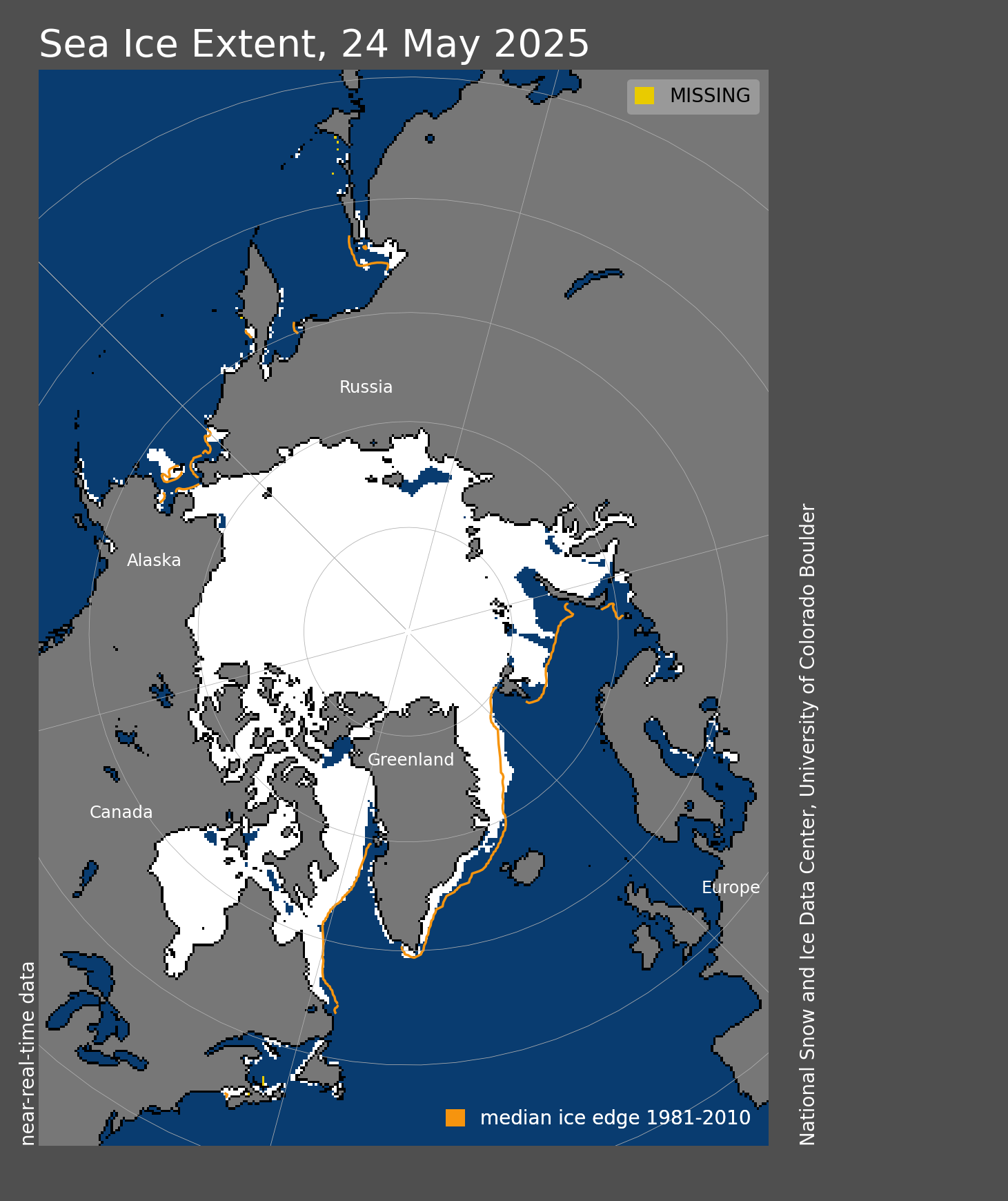
Arctic sea ice decline, courtest of National Snow and Ice Data Center
Well, the scientists have been predicting it for a good few weeks now. The Arctic ice has finally reached its lowest extent since satellite records began in 1979. And it could still decrease further as changing winds push ice floes together, according to the US National Snow and Ice Data Centre ISIDC. The final figures will only come in October, but the long-term downward trend in Arctic ice extent is reinforced, according to NSIDC. The ice is now 45% less than it once was.
![]() read more
read more
The Cold Edge – Visualizing polar climate impacts

The Dragon - Dave Walsh - davewalshphoto.com
On board the Greenpeace boat Esperanza at Svalbard for a story on scientists monitoring ocean acidification in 2010, I met Dave Walsh from Ireland, who was on board as Greenpeace press officer. Since then I have discovered his work as a photographer in his own right. These photos are art and appeals for environmental and climate action at the same time. Ice blog followers will enjoy his polar photos, spectacular and somehow moving. “While the frozen regions of our planet have the power to ignite imaginations, for most of the seven billion people on Earth, the Arctic and Antarctic remain abstract and unreachable”, says Dave. “ I’ve been lucky enough to voyage north and south by ship, to experience the serenity of the oceans and polar regions – and realise how finite ourplanet is.”
“The Cold Edge” exhibition of Dave’s pictures opens at The Copper House Gallery in Dublin this evening. I wish I could be there. In the meantime, those of us who can’t be there in person can share some inspiration and (aesthetic) food for thought online. The British newspaper the Guardian also features the pictures.
Climate sceptics lose court case in New Zealand
Now here’s an interesting little snippet for a Friday afternoon. I was interested to read that New Zealand’s High Court has ruled against climate sceptics who took a government agency to court because it said the temperature had risen in the past century. The National Institute of Water and Atmospheric Research (NIWA) had concluded that the country’s climate had warmed almost one degree Celsius between 1909 and 2009. A private group called the “New Zealand Climate Science Education Trust” took the agency to court, saying NIWA’s methodology was flawed and the findings not peer reviewed. But the judge disagreed, saying the institute had used internationally recognised and credible scientific methodology. A group of climate change scientists from New Zealand universities welcomed the court verdict and described it as “bizarre” that a small group of scientists should go to court to question the basic science of climate change which, they, say, has been established for well over a century. “Almost all scientists active in climate research agree that human activity is causing the climate to change”. New Zealand’s glaciers have been retreating over the last century. The scientists also cite rising sea levels and the clear reduction of the Arctic sea ice.
“This misguided action of a small group adds confusion to a simple issue — the world is warming and future generations of New Zealanders will have to deal with the consequences,” the scientists’ statement said. – And they won’t be the only ones, adds the ice blogger up here in the northern hemisphere, working on a story on climate change and the North Sea and the ongoing mega-melt of the Arctic sea ice.
Sea ice set to beat melt records
It comes as no surprise to me but I find it deeply worrying that scientists say we are heading for a record sea ice melt. Experts from the University of Colorado at Boulder say summer ice in the Arctic is already coming close to the lowest level recorded, although there are still a couple of weeks left in the summer melt season. Mark Serreze, director of the University’s National Snow and Ice Data Center has been telling news agencies he and his colleagues are amazed by the measurements coming in.
Read more on this and why the melt is so significant at Phys.Org.
The Russian environment agency also reported record melting this month.
Meanwhile, the Chinese have sent their ice-breaker through the Arctic, as reported in the last ice blog post. Russia is stepping up efforts to make the Northern Route more regularly accessible. Canada is setting up a new high Arctic research station. The hunt for oil and gas in previously inaccessible areas is attracting more and more interest. The battle for influence in the Arctic is heating up with the climate. At the same time I read somewhere the other day that cars today have more horsepower than ever before. Aren’t we supposed to be saving energy and cutting emissions?



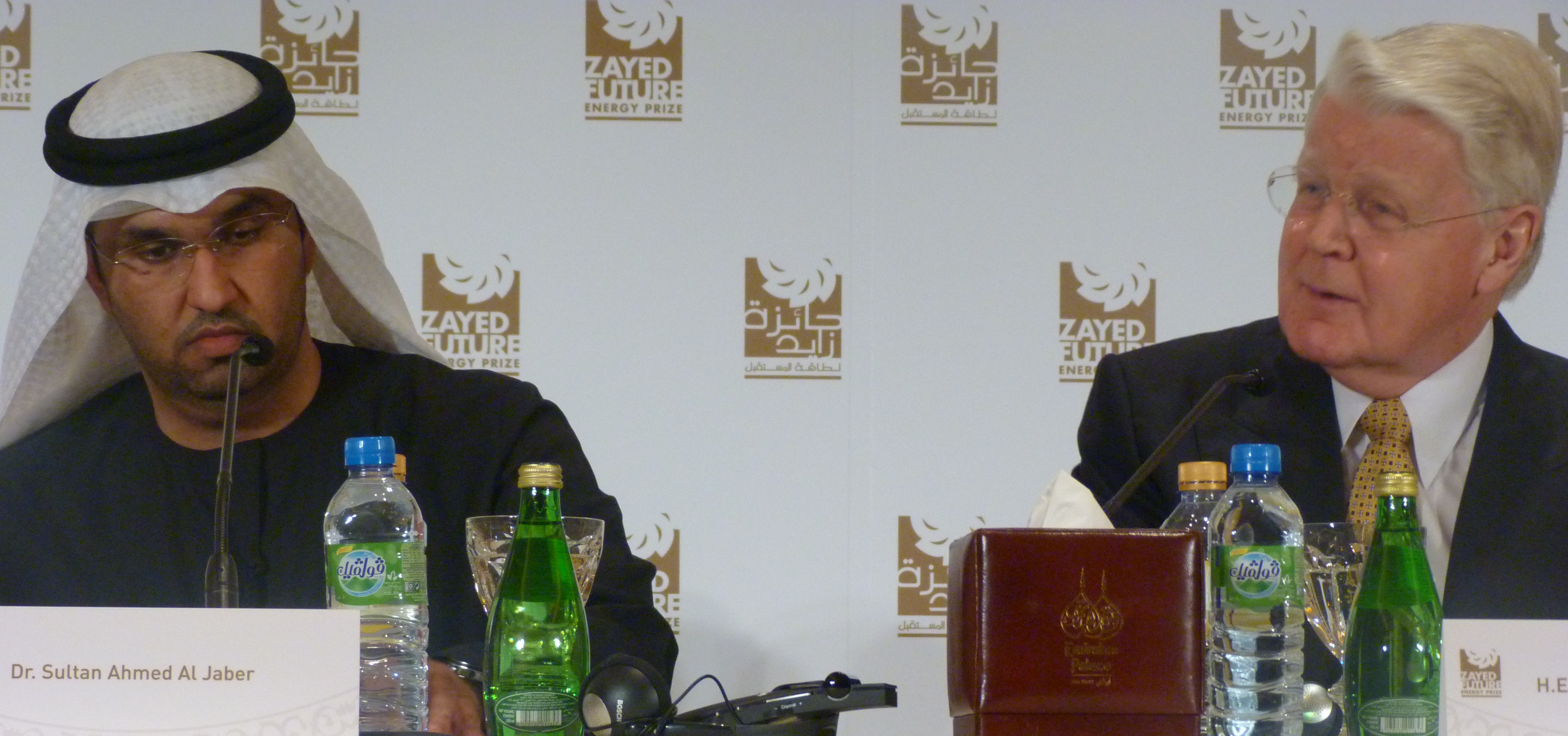
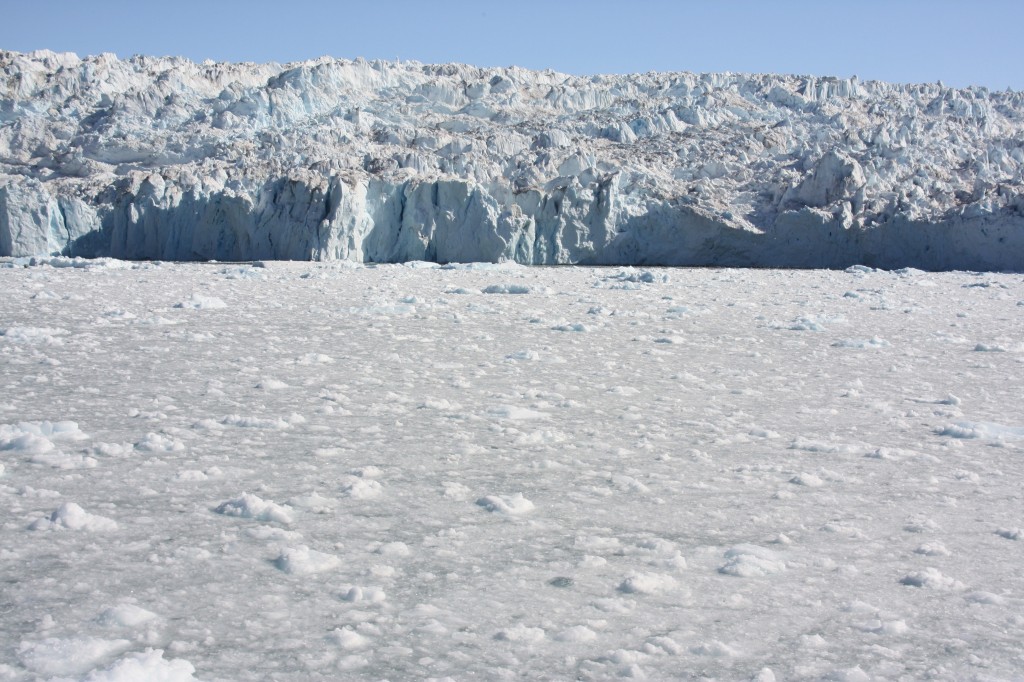

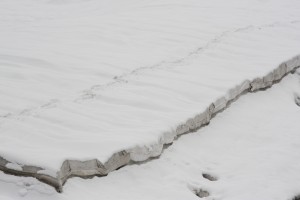
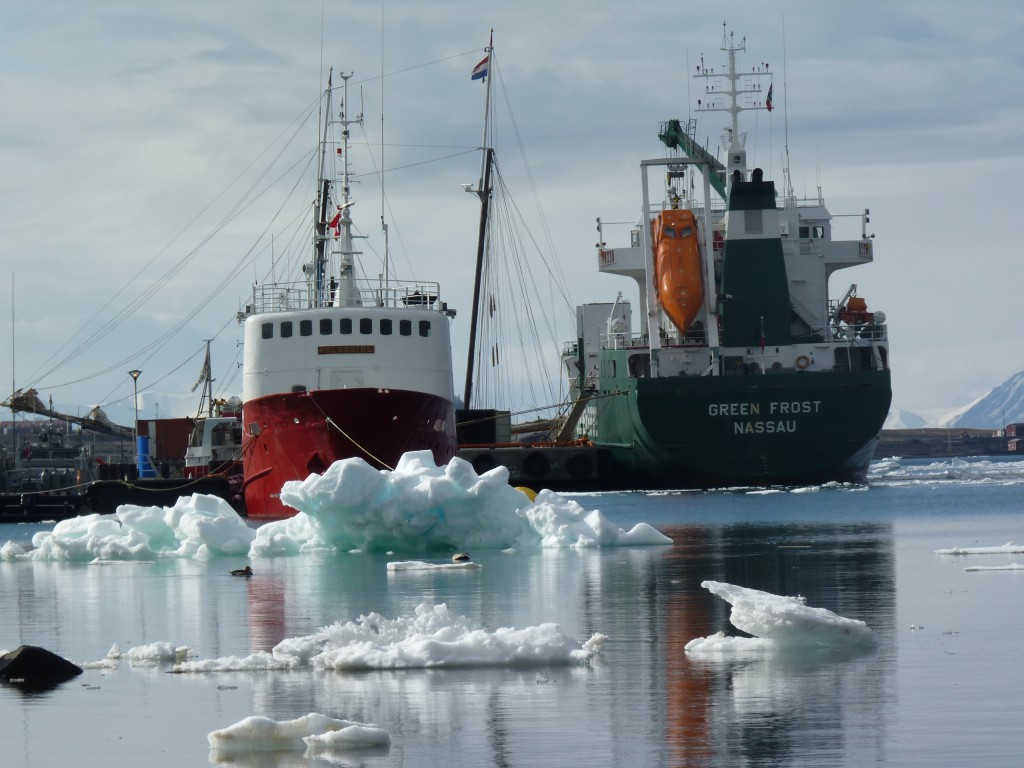
















Feedback